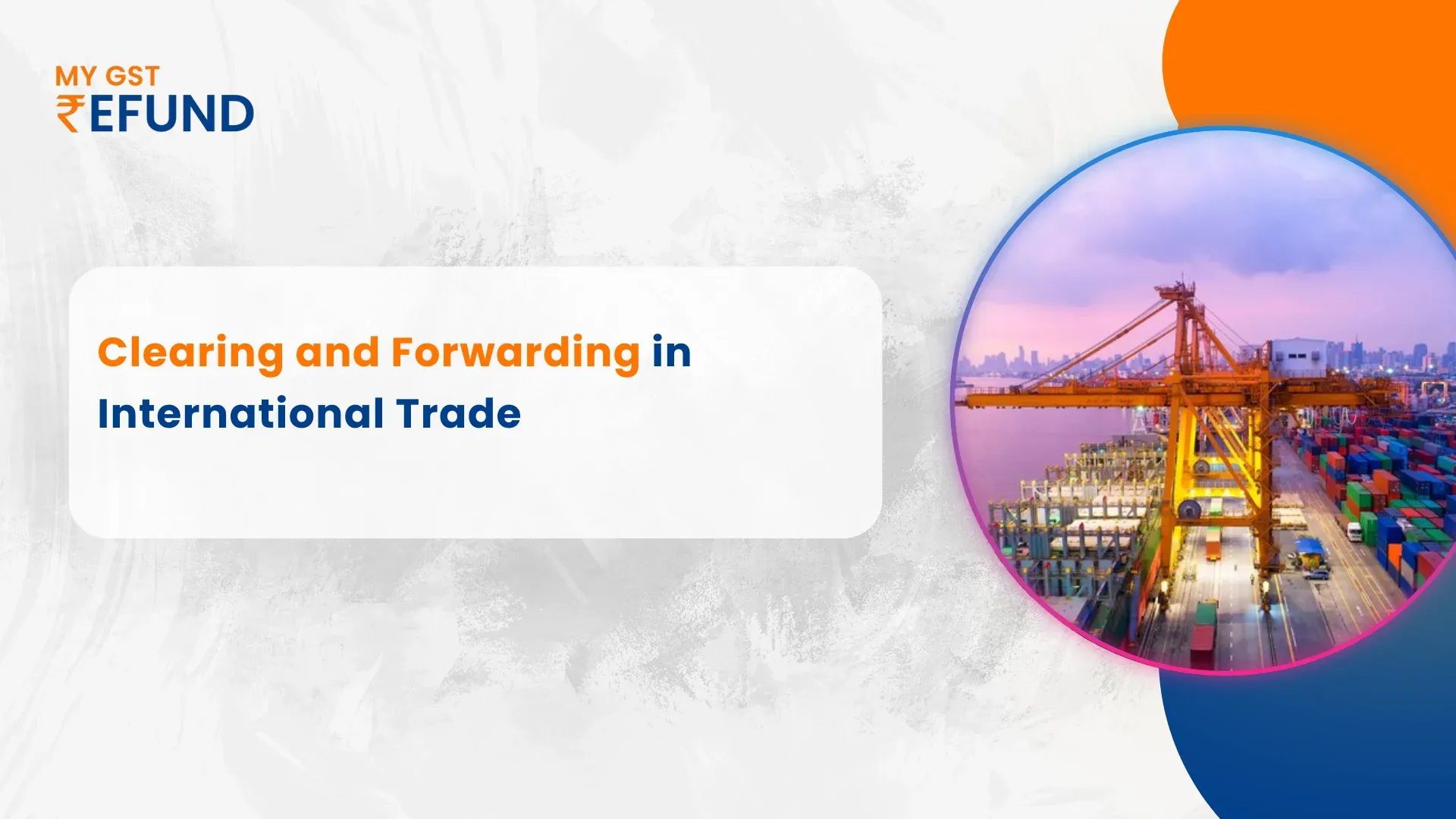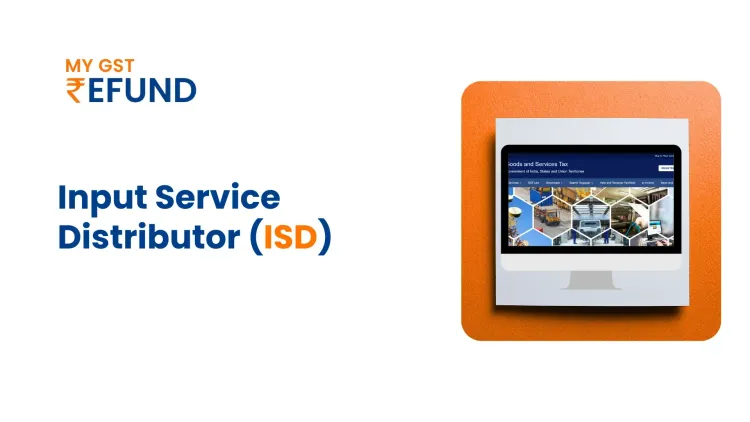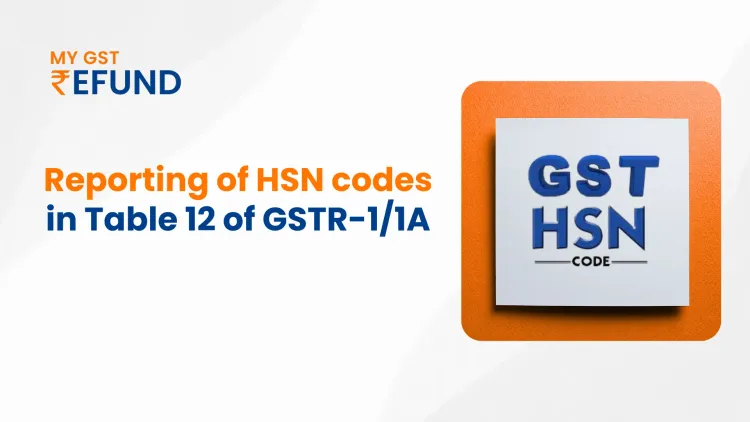Clearing and Forwarding in International Trade
Customs clearing and forwarding in international trade are integral components of the logistics chain that help ensure smooth transportation and timely delivery of goods across borders. These processes involve a series of tasks and services aimed at ensuring that goods are cleared through customs, delivered to their destinations, and comply with international trade regulations.
Let’s break down these components in detail, including the roles of agents, customs brokers, logistics agencies, and shipping lines.
1. Clearing in International Trade
The "clearing" process allows goods to pass through customs boundaries. The goods need to be processed according to the customs regulations of the countries of origin and destination for legal import or export.
The main duties of the clearing process include:
- Customs Declaration: For customs clearance, it needs accurate delivery of documents consisting of an invoice and packing list alongside a bill of lading and other required paperwork.
- Payment of Duties and Taxes: Payment of necessary customs duties, together with taxes and tariffs, must be paid in accordance with the defined classifications for goods.
- Customs Inspection: Customs authorities use their authority to inspect goods through examinations that verify their compliance with security, health, and safety standards.
- Release of Goods: After completion of regulatory procedures, customs authorities free the goods for delivery to the recipient.
2. Forwarding in International Trade
Forwarding represents the systematic arrangement of goods transportation between origins and destinations by utilising different transportation methods such as sea shipping, air transportation, land routes, and rail solutions. Logistics planning for safe delivery and affordable transportation to the destination is included within forwarding operations.
Read More: Customs Clearance Process: A Guide for Imports and Exports in India
Key Responsibilities in the Forwarding Process
1. Transport Coordination
The forwarding process arranges both sea and land transportation, which involves moving goods between seller warehouses and their departure port, then from arrival ports to buyer destinations. The execution of inland shipping and storage, as well as the delivery endpoint functions, is part of the forwarding responsibilities.
2. Cargo Consolidation
If necessary, combine goods from multiple suppliers into one shipment for cost-efficiency, especially in the case of less-than-container load (LCL) shipments.
3. Documentation Management
To facilitate international trade, the transportation manager ensures shipping and trade documents remain prepared and filed properly with bills of lading and export declarations alongside insurance certificates.
4. Insurance Arrangement
Insurance coverage should be acquired for the shipment before transportation to protect against possible transit-related damages and theft as well and loss.
5. Tracking and Updates
The tracking system enables real-time updates along with delivery time administration.
Read More: Types of Containers in International Trade
3. Roles of Different Stakeholders in Clearing and Forwarding
A. Agents
During international trade, agents act as essential representatives who defend either buying or selling interests. Through their expertise, they manage particular duties associated with documentation and compliance for clearing and forwarding operations.
Types of Agents
Freight Forwarding Agents: Agents take charge of international product transport by managing logistics needs, shipping routes, and carrier coordination.
Customs Clearing Agents: The agents assist clients during the customs clearance procedures by checking compliance standards while managing tax and duty payments.
Responsibilities of Agents
- Agents should organise the packaging process as well as prepare goods for their export or import operation.
- As an agent, the person represents exporters or importers to book transportation services and obtain customs authorisations with delivery arrangements.
- The international shipment requires complete handling of all necessary documents and paperwork.
Read More: How to Start an Import and Export Business in India
B.Customs Brokers
The industry demands professionals who hold a licence to act as brokers for import and export operations while maintaining legal requirements at the national and international levels. The role of these professionals connects both importers/exporters and customs authorities through their service.
Responsibilities of Customs Brokers
The required Customs clearing and forwarding paperwork, consisting of commercial invoices together with bills of lading and important documents, must be submitted to the customs authorities.
Duties and Taxes: Pay all required duties, taxes, and tariffs by performing proper calculations on the shipment.
Regulatory Compliance: The goods must satisfy all regulatory criteria that apply to both countries of import and export.
Tariff Classification: Products need proper classification through the Harmonised System (HS) for determining proper tariff rates.
Facilitate Clearance: Make thorough efforts to expedite customs clearing and forwarding operations, thus preventing delays that generate additional costs.
C. Logistics Agencies
Logistics agencies function as companies that direct supply chain management and deliver complete transportation management from seller warehouses to the destination of buyers through multiple transport options and operations.
Responsibilities of Logistics Agencies
End-to-End Supply Chain Management: Logistics agencies handle all logistics activities that begin with sourcing products and conclude with providing the end customer with their ordered items.
Warehousing and Distribution: The goal of handling distribution and warehousing for transiting goods is to enable proper management of all shipments, loading, unloading, and handling operations while moving goods.
Supply Chain Optimisation: Storage and shipping functions leverage technology to optimise efficiency and minimise costs while maintaining speedy delivery times.
D. Shipping Lines
As companies that operate maritime vessels, shipping lines undertake the responsibility to transport goods between oceanic destinations. These companies handle physical cargo transportation duties between seaports as they move items from departure ports until they reach their destination ports.
Responsibilities of Shipping Lines
Vessel Operations: The ships, together with the required infrastructure, serve to transfer bulk goods and containerised shipments.
Route Management: The shipping lines must select shipping routes and schedules that are efficient and minimise costs.
Cargo Handling: Businesses should perform port management duties while handling container movement operations during ship loading and unloading procedures.
Bill of Lading Issuance: The Bill of Lading (B/L) is issued as a cargo receipt document that establishes the carrier-shopper transportation agreement.
4. Importance of Clearing and Forwarding in International Trade
Below, we have mentioned the importance of customs clearing and forwarding in international trade.
Compliance with Regulations: The governance of international trade relies on numerous national and international laws that clearing and forwarding professionals assist companies to fulfil.
Efficiency and Timeliness: Professional agents, together with customs brokers and logistics agencies as well as shipping lines, deliver products swiftly and effectively to businesses depending on global supply chains.
Risk Mitigation: By handling customs procedures and insurance arrangements and maintaining proper documentation, companies can defend against financial loss and damage as well as avoid fines throughout the transit period.
Cost Management: Proper expert management of transport routes, combined with expense control of tariffs and logistics payments, benefits businesses conducting international trade transactions.
Pro Tips: Plan Ahead and Easily Calculate Your GST Refund with Our Online GST Refund Calculator Tool!
Conclusion
A group of specialised professionals team up through international trade clearing and forwarding operations to bring goods successfully through border checkpoints. Various organisations, including customs brokers, provide essential functions for supply chain management, such as compliance maintenance and cost reduction measures alongside shipping line operations. Multiple entities collaborate to let companies concentrate on their fundamental operational requirements.
Frequently Asked Questions
What is the difference between a freight forwarder and a customs clearing agent?
Freight forwarders handle the transportation planning process by booking shipping containers together with logistical services to achieve high operational efficiency. Customs clearing agents process customs procedures by checking goods fit all regulations while handling charges for taxes and duties.
What documents are required for customs clearance?
All customs clearance requirements consist of a commercial invoice together with a list, as well as a bill of lading, a certificate of origin, and import/export licences. The presented paperwork enables goods to meet international trade requirements, leading to effective customs processes.
How long does customs clearance take?
Customs clearance and forwarding duration depend on various elements such as document precision, together with freight type and customs work volume, and any compliance violations. A few shipments complete clearance procedures within a few hours, yet certain delays emerge when documentation contains problems or scheduled inspections are necessary.
What is the role of a customs broker in international trade?
A customs broker acts as an intermediary between importers, exporters, and customs authorities. They prepare and submit necessary documents, calculate duties and taxes, and ensure that shipments comply with regulations, ensuring timely and efficient customs clearance.
Related Posts








